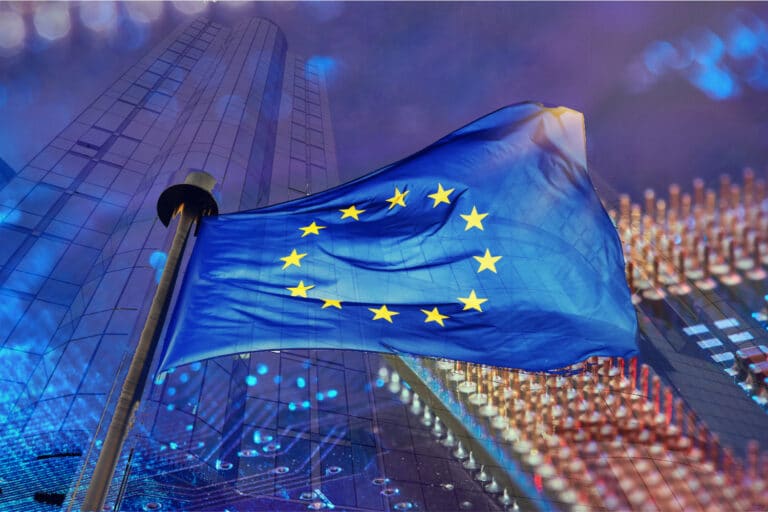Meta and ByteDance, the company behind TikTok, discovered a gap in the fee imposed by the EU Big Tech for the DSA. X, Amazon and Snapchat would contribute virtually nothing as a result, even though they are part of wat the EU sees as Big Tech.
Meta and ByteDance will challenge the supervisory fee associated with the Digital Markets Act (DSA) in a European court. The companies say they disagree with the fee because they see some competitors paying almost nothing for the fee.
Comments Meta and ByteDance
“Currently, companies that make losses do not have to pay even if they have more users or generate a lot of work for the regulators, which means that some companies pay nothing, while others have to pay a disproportionate share of the total,” Meta explained. That would be because the fee imposes 0.05 percent of a company’s annual profits to pay.
The compensation costs Meta about 11 million euros, and ByteDance will have to contribute 3.9 million euros. The latter, by the way, will go to court because it claims the EU made faulty calculations: “We disagree with the fee and are appealing for a number of reasons, including the use of faulty third-party estimates of our monthly active user numbers as the basis for calculating the total amount.” In fact, the total amount a player must contribute also depends on the number of users of the service.
Fee from 0 to 22 million euros
X, Amazon and Snapchat would arrive at an extremely low amount due to the calculation method. That may change in the future, though, because it depends on the company’s annual profits. Last year, those profits were not there or were extremely low.
Google and Meta continue to pay by far the most. This is partly because these companies offer multiple services categorized by the EU as a very large online platform (VLOP) or very large online search engine (VLOSE). Google will have to contribute €22 million.
New EU regulators
Supervision of the DSA falls under the jurisdiction of two new regulators: the Digital Services Coordinators and the Board for Digital Services. The money to be contributed by the VLOPs and VLOSEs will mainly go to these regulators.
Designated players must comply with the DSA, which should ensure safer online environments and less personal advertising that violates privacy. A breach carries a monetary penalty of up to six percent of the annual revenue generated by the offending company. These penalties are thus separate from the supervisory fee.
Also read: Big Tech gets new rules from EU, what will you notice as a user?
